China’s electronic cigarettes are about to officially bid farewell to the era of flavoring. How will flavor restrictions affect the sales of electronic cigarettes? Can “strong flavor supervision” effectively reduce the induction of e-cigarettes to minors?

Diverse and novel flavors have always been an important means for e-cigarettes to attract consumers. However, with the order of the state, the e-cigarette market has undergone new changes.
On March 11, the State Tobacco Monopoly Administration announced the “Measures for the Administration of Electronic Cigarettes”, which explicitly prohibits the sale of flavored electronic cigarettes other than tobacco flavors. This regulation will take effect on May 1. On April 8, the State Administration for Market Regulation issued the mandatory national standard GB 41700-2022 “Electronic Cigarettes”, which strictly restricted the flavors of electronic cigarettes and set a 5-month transition period for implementation. to be implemented.
China’s electronic cigarettes are about to officially bid farewell to the era of flavoring. How will flavor restrictions affect the sales of electronic cigarettes? Can “strong flavor supervision” effectively reduce the induction of e-cigarettes to minors? After the transition period, where will flavored electronic cigarettes go?
Inventory of fruity products dwindles, prices rise
Flavored e-cigarettes continue to be sold, but the variety and quantity on the shelves are not what they used to be.
“The guava flavor is gone. I have been ordering but can’t get it, but there are still some watermelon, mung bean, pineapple, Tieguanyin, etc. The price is 99 yuan a box.” An electronic cigarette retailer in Chaoyang District, Beijing A store owner introduced to a reporter from China Youth Daily and China Youth Daily.
It is understood that flavored electronic cigarettes experienced a brief price increase in March this year. Depending on the taste, the price increase ranged from 20 to 30 yuan, but now the original price has been restored. The store owner said that there are still more than 100 boxes of some flavors in stock, and some have only a few boxes left. “Some flavors may increase in price at the end of July because production is stopped.”
Previously, the State Tobacco Monopoly Administration set up a transitional period of “three must nots”: all kinds of investors are temporarily not allowed to invest in new electronic cigarette production and operation enterprises; stock electronic cigarette production and operation entities are temporarily not allowed to build or expand production capacity, and temporarily not to set up new electronic cigarettes retail point. Restrictions on manufacturers, production capacity and retail outlets have reduced the stock of flavored e-cigarettes on the market, and many e-cigarette retailers said that it has become more difficult to purchase goods and prices have risen.
As a lover of flavored e-cigarettes, post-95 Chu Bowen started to contact e-cigarettes in college and is a big consumer of flavored pods. Recently, his spending on e-cigarettes has increased significantly. “I have been buying pods from my friend. He is a dealer. I used to buy several boxes at a discount. Now no matter how much I buy, it is 99 yuan per box.”
Taste control discourages some consumers
With fewer flavors and higher prices, has the control over the flavors of e-cigarettes discouraged some consumers?
Tobacco flavor is not the most popular option in terms of sales. “Tobacco-flavored electronic cigarettes sell for 120 yuan per box, and they are not as good as fruit-flavored ones. Maybe 80 to 90 percent of customers used to come for the fruity flavor.” An e-cigarette online retailer said that there is not much Many people who have tried tobacco-flavored e-cigarettes are not used to smoking.
In addition, existing consumers are not completely buying it. “I’ve smoked cigarette-flavored e-cigarettes before. It’s more like a cookie flavor than a cigarette-flavored e-cigarette. It’s a little sweet.” Chu Bowen said that there have always been tobacco-flavored e-cigarette products on the market, but the taste is not good, and it is also a bit sweet. It’s not pure tobacco flavor. “The smell of smoke is actually difficult to imitate, and friends around smoke-flavored electronic cigarettes rarely buy them.”
Li Enze, deputy director of the Public Welfare Legal Professional Committee of the China Tobacco Control Association, believes that higher prices have a persuasive effect on some groups, such as teenagers; in addition, the restriction of taste can also reduce the induction of non-smoking groups.
However, he believes that for groups who have already started vaping, the effect of taste control may not be so good. On the one hand, many consumers began to stock up after the policy was introduced. On the other hand, flavored electronic cigarettes can still enter the market through other channels.
“Flavored electronic cigarettes cannot be sold in China, but they are not affected in some other countries and regions. Consumers can still buy flavored electronic cigarettes when they travel abroad, and bring them back to smoke by themselves. It is not ruled out that some people play side balls through this channel. Private sale.”
Control effect still needs to be observed
In recent years, the country has successively issued a number of laws and regulations to regulate the electronic cigarette market.
In November 2021, the State Council issued the “Decision on Amending the Regulations on the Implementation of the Tobacco Monopoly Law of the People’s Republic of China” (Order No. 750 of the State Council), adding Article 65 “Electronic cigarettes and other new tobacco products refer to these Regulations as cigarettes. Relevant regulations will be implemented”, and electronic cigarettes will be officially included in the supervision of the tobacco system.
From March to April this year, the national standards for “Administrative Measures for Electronic Cigarettes” and “Electronic Cigarettes” were successively released. Subsequently, documents such as “Implementation Rules for Identification and Testing of Electronic Cigarette Products”, “Regulations on Electronic Cigarette Warning Signs”, “Details of Electronic Cigarette Logistics Management”, and “Details of Electronic Cigarette Transaction Management (Trial)” were successively issued to further regulate the development of the electronic cigarette industry.
However, it remains to be seen whether the “tight hoop” can be worn stably. Taking the current control over the taste of e-cigarettes as an example, the national standard of “E-Cigarette” continues the provisions of the second consultation draft, reducing the types of “additives allowed to be used in atomization” from 122 to 101, reducing the number of items including plums. Extract, orange oil, sweet orange oil, lavender oil and other flavoring agents.
“It’s good that flavors other than tobacco are not allowed to be sold, and the national standard has indeed removed a lot of fruity spices, but there is still room for the preparation of electronic cigarette flavors.” China Tobacco Control Expert, Xintan Health Development Research Center Former director Wang Ke’an pointed out that there are still cooling agents and sweeteners in the additives allowed in the final version of the national standard.
But in any case, the industry has entered a new stage, and just the restrictions on the taste of e-cigarettes will change the production plans of large and small factories, the marketing strategies of large and small distributors, and at the same time change some of the living habits of consumers. It can be seen that brands, retailers and buyers are all working hard to access the new consumption scenarios brought about by the country’s new regulations.


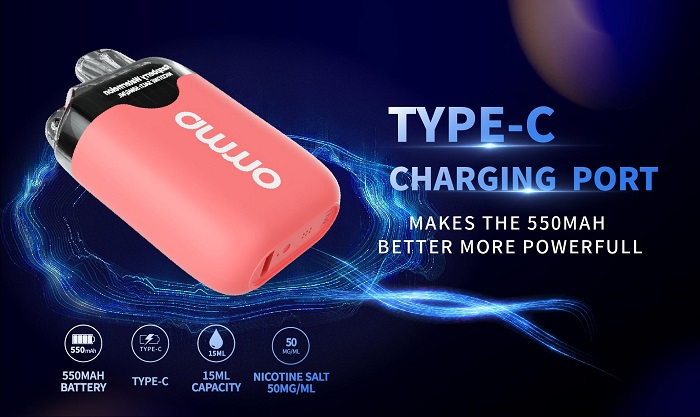
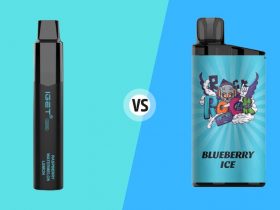
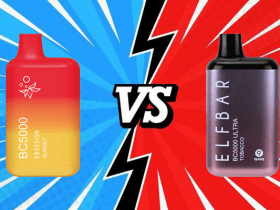





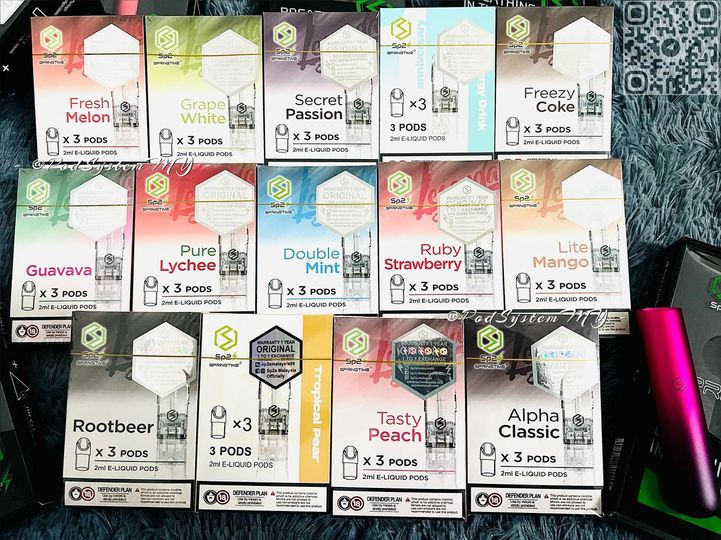
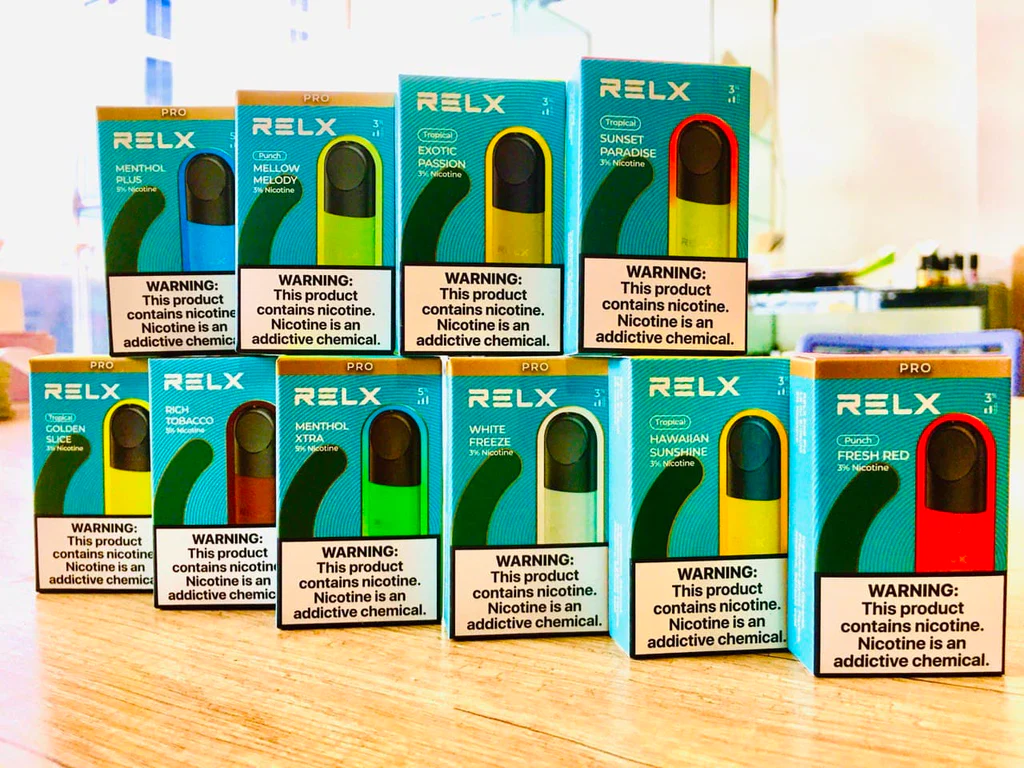





Leave a Reply